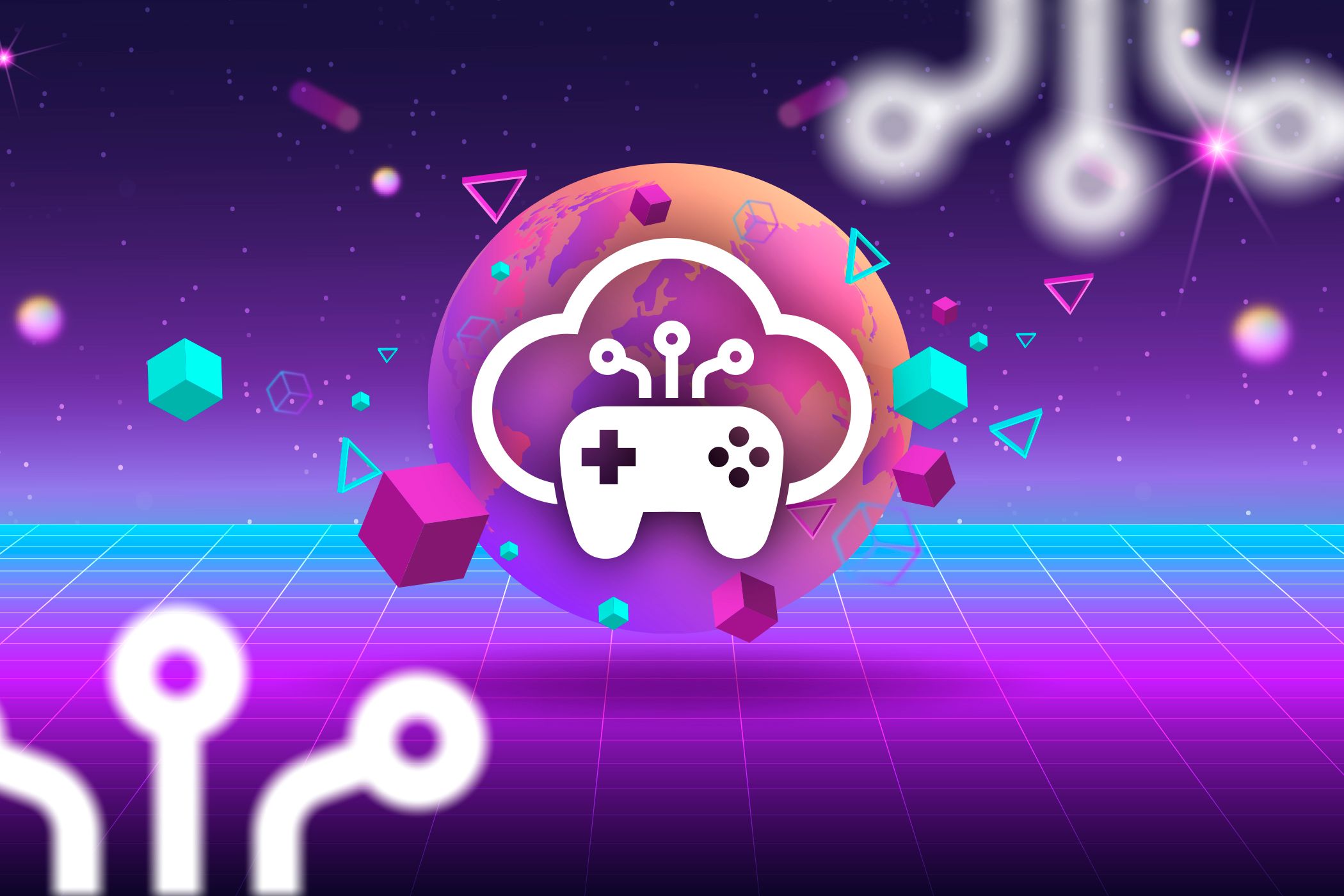Capturing Moments
Your go-to blog for photography tips and inspiration.
Griefing Penalties in CS2: The Dark Side of Competitive Play
Uncover the harsh realities of griefing penalties in CS2 and how they impact competitive play. Are you playing by the rules? Find out now!
Understanding Griefing Penalties in CS2: What Every Player Should Know
In Counter-Strike 2 (CS2), griefing refers to actions that intentionally disrupt the gameplay experience for teammates. This can include team killing, blocking paths, or otherwise sabotaging team efforts. Understanding the consequences of such behavior is essential for any player looking to enjoy the game and maintain a positive reputation within the community. The developers have instituted various griefing penalties to discourage these actions, which can result in anything from temporary game bans to permanent account suspensions.
When a player is reported for griefing, a series of investigative processes is initiated by the game’s algorithms. Players should be aware that repeated offenses can lead to escalated penalties, increasing the severity of consequences for each infraction. It’s crucial to note that while competitive integrity is enforced, the system also aims to help educate players about acceptable behavior. To ensure a fair gaming environment, always play with a friendly demeanor and encourage teammates. As you immerse yourself in the world of CS2, keeping these guidelines in mind can enhance both your enjoyment and that of your fellow players.

Counter-Strike is a highly popular tactical first-person shooter game that emphasizes team play and strategy. Players can choose to play as terrorists or counter-terrorists, each with specific objectives. Many players seek to enhance their gameplay by tweaking their settings, such as mouse sensitivity and crosshair configuration. For those interested in professional setups, you can find useful tips on snax settings that might give you an edge in competitive matches.
How Griefing Affects the Competitive Environment in CS2
Griefing in CS2 not only disrupts the gameplay experience for individual players but also has a significant impact on the overall competitive environment. This intentional sabotage can take various forms, from team-killing to obstructing teammates during crucial moments. Such behavior not only frustrates those affected but can also lead to a toxic atmosphere that discourages fair play and healthy competition. The mental toll on players who encounter griefing can manifest as stress and anxiety, further deteriorating their performance and enjoyment of the game.
Moreover, the prevalence of griefing can skew the competitive landscape in CS2. Teams that fall victim to these disruptive tactics may find themselves at a distinct disadvantage, leading to an imbalance in matches and undermining the integrity of competitive play. Players are often left feeling helpless, questioning their skills, and experiencing a decline in motivation. To combat this issue, it is crucial for developers and the community to implement stricter measures against griefers, promoting a healthier environment where players can thrive and fully showcase their abilities.
The Consequences of Griefing: Are You at Risk?
Griefing has become a prevalent issue in online gaming and virtual communities, leading to a myriad of consequences for players and the gaming environment. When individuals engage in griefing, they not only disrupt the experience for others but also risk facing various repercussions. This behavior can lead to account bans, negative reputations within the community, and a general decline in player morale. Furthermore, it can create a toxic atmosphere that deters new players and drives veterans away, ultimately harming the long-term sustainability of the gaming community.
The ramifications of griefing extend beyond immediate disruption; they can also impact personal mental health. Players who are frequently targeted by griefers may experience frustration, anxiety, or even depression, leading to decreased engagement with the game. If you find yourself in a situation where griefing is prevalent, it's essential to assess your mental and emotional well-being. Are you frequently feeling upset after gaming sessions? If so, you may be at risk of suffering the negative effects of griefing. Consider implementing strategies like muting disruptive players or seeking supportive communities to enhance your gaming experience.